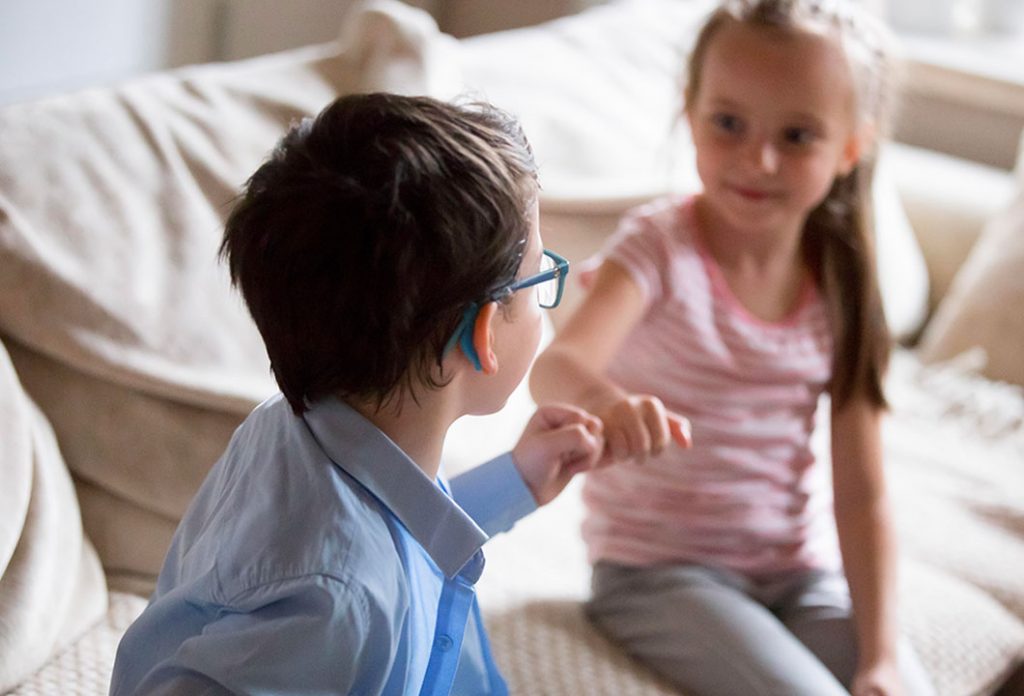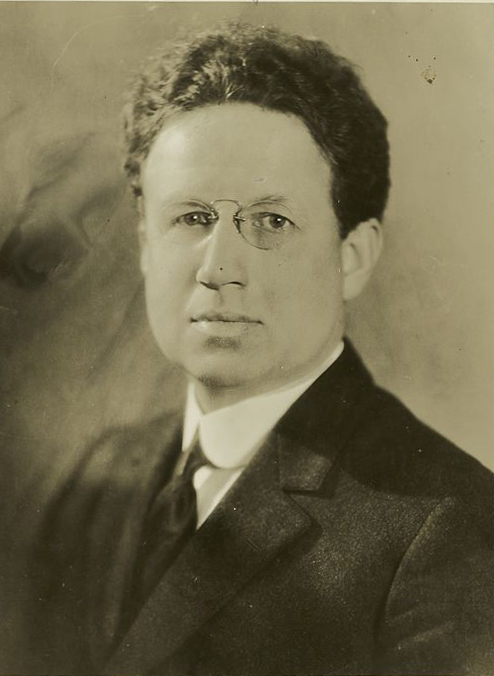Cherishing the Family

Every member of your family is different.
We all have different needs and meeting that variety of needs can be difficult!
It requires us all to have a full toolbox with lots of options.
This class is all about giving you a set of tools.
These tools are what you can use to nourish all of your family relationships and ultimately truly cherish each other.
The tools we give you for each module include:
“People take classes to learn foreign languages, to fix cares, to fly planes, to cook – this class gives you the key material to communicate with your family and to love more! Every parent should take this class!” — Susan, class participant
Course Content

The Mutual Respect Process
Taking a Deep Dive
Mutual Respect is actually a process, not a noun. We learn tools to use and then practice them for each of the 5 parts of the process: listening fully, pursuing understanding, setting boundaries / limits, encouraging reflection, affirming. We go into much greater depth and detail here than in the 4 session course.

Who Are We as a Family?
Looking at the Past and Future
We explore the various parenting styles, what causes us to use them and why. Understanding our past and how it impacts our current situation is crucial to creating the family environment we want to have.

Converting Expectations to Agreements
Encouraging Cooperation
Let’s face it, we all have expectations that we don’t voice and then they come out sideways! We take a look at how we can work together so that expectations can become agreements among all and create an environment of trust and cooperation.

Teaching Self-Discipline
Enabling Reflection
Teaching our children self-discipline is often a paradigm shift for us as parents. At the heart of correcting behavior is problem solving and when our children learn to do this, they can begin to correct themselves.

An Outward Mindset
Encouraging Synergy
An outward mindset is best defined by the maturity continuum from dependence, through independence and into synergy. When we, as a family, adopt this kind of mindset, we work together and support each other in all aspects of our lives.

Temperaments & Personality Types
Exploring Similarities & Differences
In our families we may have similar temperaments and personalities or we may not. Understanding how we are similar and how we are different enables us to adapt our language so that we can honor and value each of our family members.

Nurturing Self-Esteem
Freeing People From Negative Roles
Each family member is different and therefore we must adapt our language and practices to ensure they feel loved and cherished. We also explore ways that we can free family members up from negative images they have of themselves.

Creating Can’t Fail Environments
Enabling Autonomy
Teaching our kids to become resourceful and independent is our goal. We explore how to establish your home environment as a place where all excel because it is where success seems to ooze from the walls.
Mode of Instruction
This class is taught in 16 live, virtual sessions with one of our instructors.
Schedule
Available upon request.
Want to be Kept Informed?
We will let you now when enrollment opens.
“As a child, I was taught to listen to the voice inside me so that when I left home, I could take it with me.”

